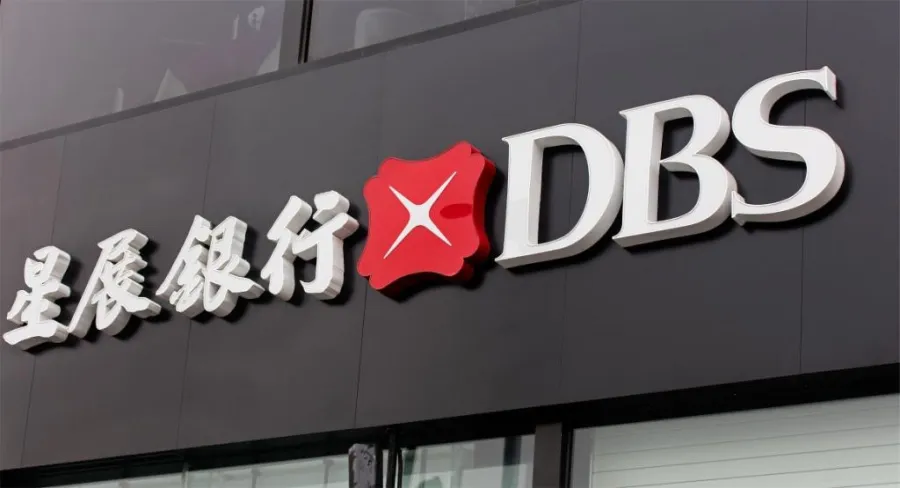
Property curbs and trade war a double whammy for Singapore banks
The Big 3 unanimously expressed concern over heightened trade risks.
The government's property cooling measures and economic uncertainty caused by the US-China trade war pose the greatest risk to Singapore banks, according to Fitch Solutions.
The raising of the Additional Buyer’s Stamp Duty (ABSD) rates and Loan-to-Value (LTV) limits on residential property purchases, alongside rising interest rates, is expected to cool down speculative investment demand for housing loans, which together with bridging lending, account for roughly a third of the banking sector's overall loan portfolio.
Also read: How exposed were Singapore banks to mortgages in Q1?
Growth in total credit extension via domestic banking units (DBUs) was between 5.4% YoY to 5.9% YoY in the first half of 2018.
“In our view, the decision to tighten macro-prudential measures following four consecutive quarters of increase in private property prices between Q3 2017 and Q2 2018 indicates that the authorities have a strong intent to cool house prices as it believes that the current recovery is overextended,” the firm explained.
However, Fitch Solutions believes that the more difficult risks will come from the escalating trade tensions between US and China. “The three largest Singaporean banks also highlighted the downside risk posed by the uncertain external environment during their respective results announcements in early August, despite posting relatively good results."
Also read: Trade jitters could slow Singapore banks loan growth to 7% in 2018
Moreover, they noted that the Singapore economy remains heavily reliant on global trade, and therefore, rising protectionism will not bode well for real GDP growth over the coming quarters.
“Indeed, merchandise exports account for close to 120% of Singapore’s GDP, just behind Hong Kong, making it the most open economy in the region,” Fitch Ratings said.



















 Advertise
Advertise











